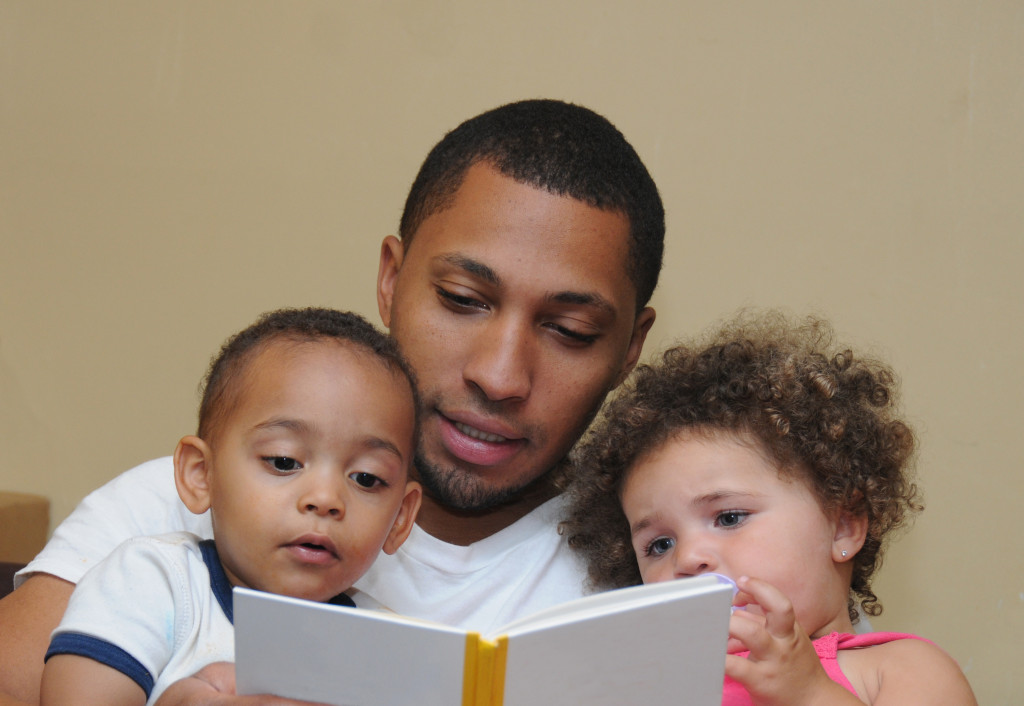It is never too early to start developing your child’s pre-literacy skills. Even at a very young age, children can start gaining the skills that they need to become great readers as they grow up. Hence, even if they are not formally taught to read and write until preschool, parents can teach their kids early literacy skills as early as infancy.
But first, let’s talk about why early literacy is important.
The importance of early literacy
- The earlier children are taught pre-literacy skills, the easier it is for them to learn how to read and write. This gives them better chances to excel in school, especially if they are studying in an international school in a country like Singapore, where a strong foundation in literacy is highly important.
- Pre-literacy skills such as reading, talking, singing, and rhyming have a significant influence on children’s literacy and language development.
- Teaching pre-literacy skills can help parents notice the early signs of learning difficulties or disorders that their children may have, making it easier to give appropriate support before preschool starts.
- These advantages of early literacy will carry on throughout children’s school years, which gives them an edge now and later in life.
- Developing pre-literacy skills helps foster a love for reading that can positively influence your child’s learning style as they grow up.
How to develop your child’s pre-literacy skills
The development of pre-literacy and literacy skills start at home. To help your child gain the skills that they need to read and write later on, here are the best strategies you can use:
1. Don’t misuse baby talk
There is a wrong way to use baby talk, which is when you intentionally mispronounce words or use nonsense words to talk to your child. Instead, use baby talk that involves using a sing-song voice and speaking slowly to help your child understand. Use proper words, pronunciations, grammar, and syntax when talking to your child so that they will be able to pick up good speaking skills early on.
Mispronouncing and misusing words is normal for very young kids, but helping them know the correct way of speaking offers them great advantage for reading and writing later on.

2. Read with your child
Make reading together a regular activity with your child if it’s not already a part of your routine. Reading is an essential skill in life, and introducing your child to books early on will help them develop crucial pre-literacy skills such as sounding out words, recognizing letters, and understanding stories. More than that, regular reading will help your child foster a love for books–something that can influence other educational skills later on.
Start reading to your child as early as possible. Even as newborns, babies can begin to understand speech just by listening to your voice. As they grow up and learn how to talk, children will have an easier time recognizing words and articulating them due to their regular exposure to speech.
3. Expose your child to lots of print
Parents can help develop children’s pre-literacy skills by showing them lots of print, whether it be on picture books, posters, signs, or toys. Looking at words encourages children to pay attention to them, which will help them recognize letters easier when they start learning phonetics.
4.Sing songs
Singing songs to your child is extremely beneficial to their literacy development, as well as their emotional well-being. Singing and listening to songs helps prepare your child’s ears and brain for language as it develops both the left and right side of the brain. That said, singing to and with your child is just as important as teaching them how to read and write. It helps them map out letters, sound out words, and recognize sounds to aid their language development later on.
5. Describe things and feelings
Describing everyday things to your child helps them make sense of the words you’re saying. When doing or seeing something together, describe it using words that they can easily understand. For example, when seeing a brown dog on the street, say “Look at that brown dog” or when washing your hands together saying, “Let’s wash our hands.”
It’s important to talk to your children about feelings as well. They need to put words to their emotions so that they can tell you what they are feeling, and as such, they will be able to understand other’s feelings, too. So, for instance, tell them when you are happy and describe why you are feeling that way, then do the same for other emotions such as sadness or anger.
Early literacy gives your child a great advantage when they finally start school. So to increase their chances of achieving academic success later on, start developing your child’s pre-literacy skills today.
Early childhood education is ever-changing, especially in this modern age, where there seems to be an innovation or technology every day. As such, keeping up with the latest Early Childhood Education (ECE) trends is a crucial part of making decisions for a child’s education. What other trends in ECE have you observed in the past year?

